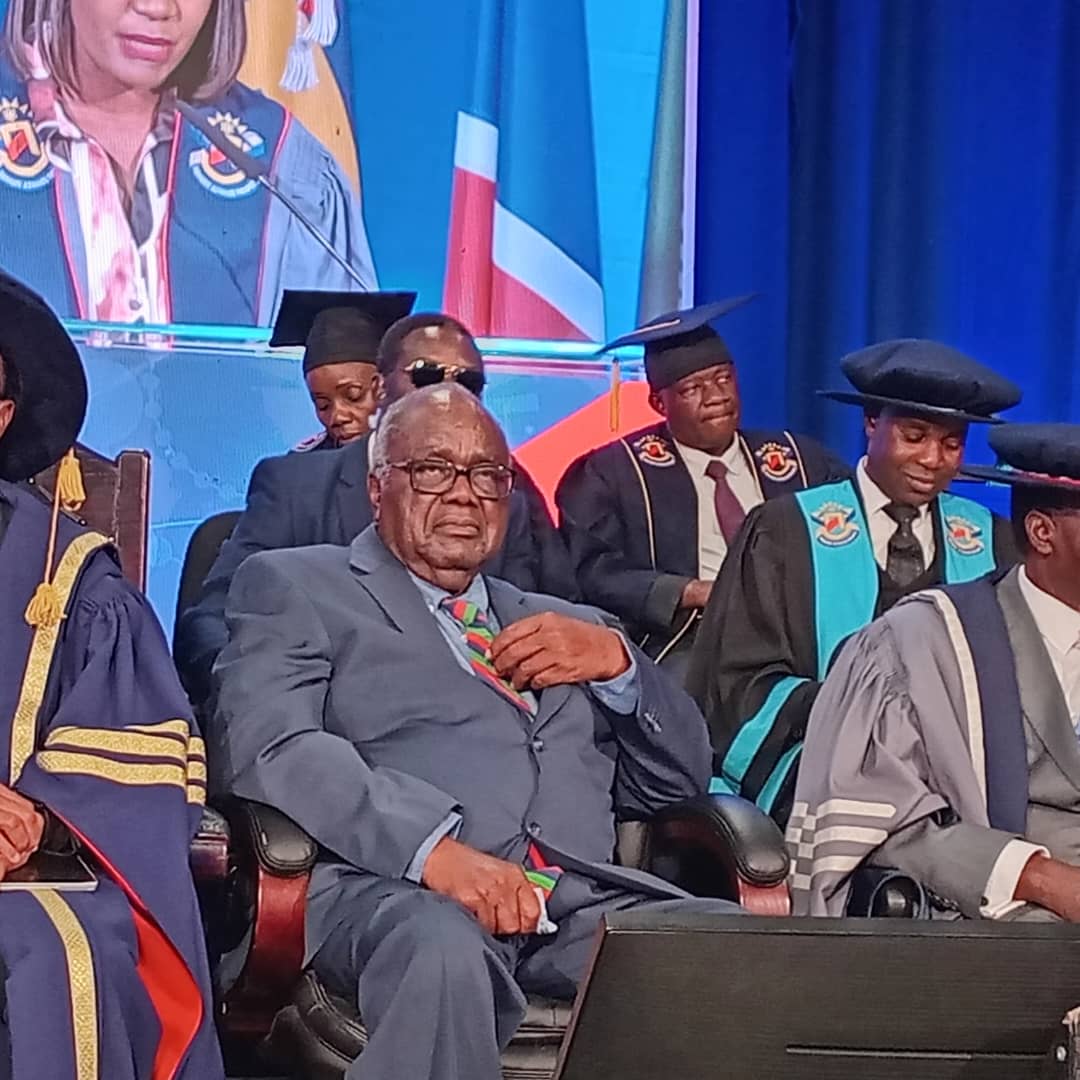NAMIBIA and Nigeria will sign a memorandum of understanding (MoU) in mid-May for the construction of an oil refinery at Walvis Bay.
The ambitious plan has been in the pipeline since 1990, but it will officially take shape when the two governments conclude the agreement between May 11 and 15 in the Nigerian capital, Abuja, Nigerian High Commissioner Prince Adegboyega C Ariyo said yesterday.Once they’ve signed the MoU, an independent feasibility study will be done. This will take a few months, after which Namibia and Nigeria will embark on a hunt for the billions needed for the project.When the media first started reporting on the prospect in 2001, the total estimated cost of the oil refinery was US$200 million. Now it has skyrocketed to between US$3 billion and US$4 billion, or N$24 billion and N$35 billion at yesterday’s exchange rate.Nigeria is hoping that its Platinum-Habib Bank (Bank PHB) will be the ‘driver of funding’ for the refinery through its planned local subsidiary, Bank PHB Namibia. For that to happen though, the Bank of Namibia (BoN) will have to grant Bank PHB a banking licence. This, to the dismay of the Nigerians, has not happened yet.Ariyo vehemently denied speculation that refinery deal is subject to Bank PHB getting a banking licence.The project will go ahead regardless, he said, adding that Namibia and Nigeria are looking for ‘co-participants’ in neighbouring states like Botswana, Zimbabwe and Zambia.Securing the necessary capital should take around nine months, according to Ariyo, after which construction can start. The parties have already looked at a site at Walvis Bay.He said it will take between three and four years to build the refinery. During construction, some 6 000 jobs will be created. Once the refinery is operational, it will need about 3 000 full-time workers, he said. This will give Walvis Bay a massive economic boost.Nigeria will ship the crude oil to Walvis Bay. The relevant authorities are already looking into upgrading the harbour so that it can accommodate massive oil tankers, the High Commissioner told The Namibian.Refining Nigerian crude oil locally will also mean cheap fuel for Namibians, Ariyo said. An added bonus is that Namibia will produce far more than it needs, and it could sell the surplus, he said. (Also see report in today’s Bottomline.)jo-mare@namibian.com.na
Stay informed with The Namibian – your source for credible journalism. Get in-depth reporting and opinions for
only N$85 a month. Invest in journalism, invest in democracy –
Subscribe Now!










